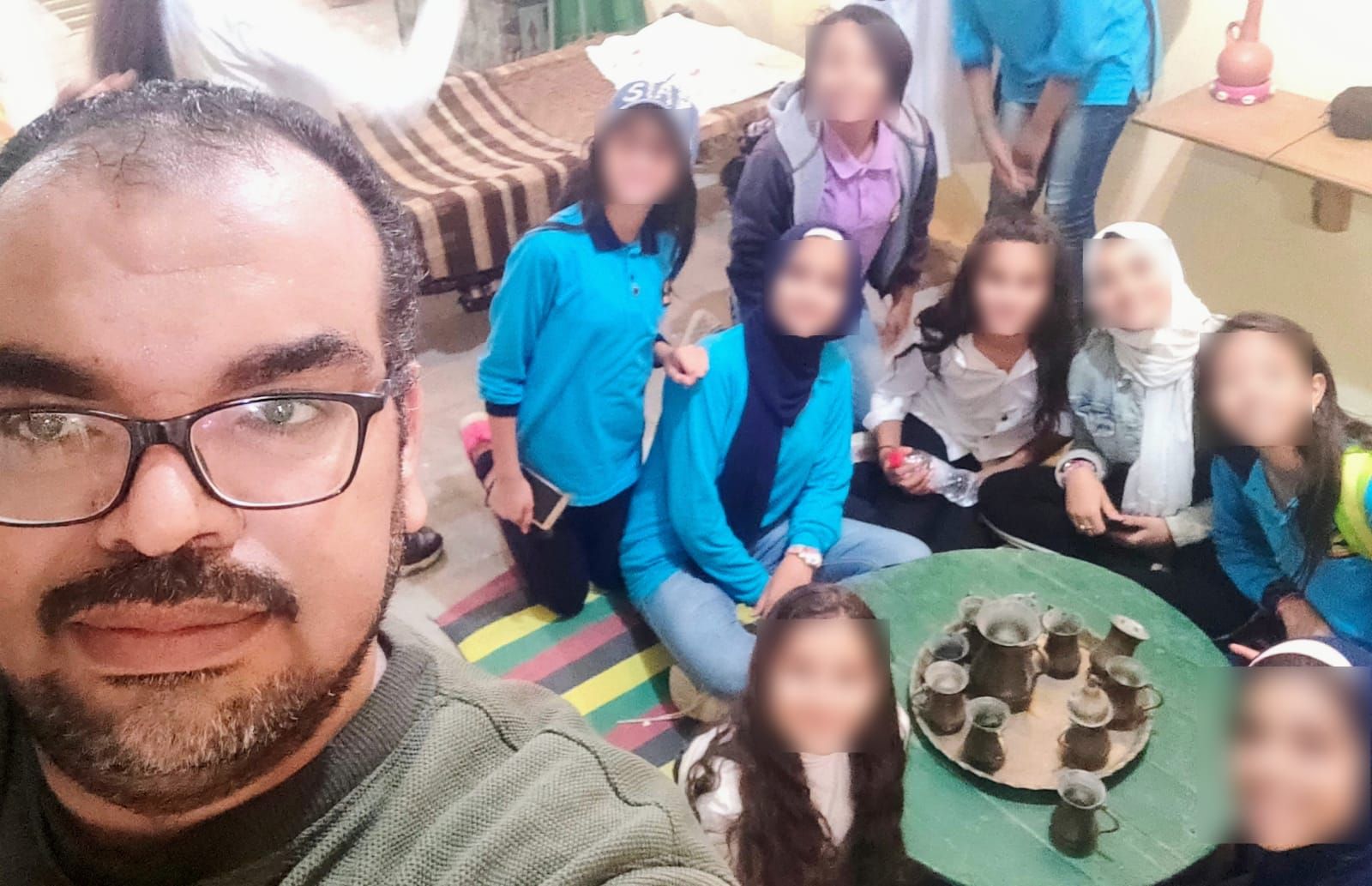@Ana_moderator Great idea, Ana! Let's attract the Greenish schools to share with their experience.
-
How to become a Greener Teacher? (not the Grinch Teacher :)
-
@Ana_moderator ma'am great idea!!
-
@Ana_moderator
How to become a green teacher?
To become a green teacher I'll suggest my own ideas. We have students hailing from rural areas. Their parents are mostly farmers who work in their fields. They not only grow diffent crops but also plant trees of different kinds in mango garden, guavas garden, Berries garden etc. And also plant neem trees, acacias trees etc. Their children help them with their work. So these students already know tree plantation. These students should be given tasks to bring different kinds of trees and plants to school. Then at school they should be given tasks of preparing garden in school with other students living in cities who don't know planting a tree. The students who know this will teach them this work. In this way to become a green teacher a teacher can carry out different environment friendly activities at school as well as out of school engaging his/her students busy at school as well as out of school. Moreover students should given different projects of energy conservation and recycling. -
@Ana_moderator
Hello Ana,
Thanks for sharing these great ideas.
I opt for the second option, ie, organising a local green corner of 2 or 3 schools where teachers can share their ideas for Eco school projects. Educators can share their best practices concerning promoting green environment at school where pupils, teachers and the community will be involved. -
Preserving our environment is no more a choice, it is a necessity. Our environment is facing a serious threat due to the increasing population, pollution, and misuse of technology. Therefore, it is imperative to educate our future generation about the various ways to maintain and save the environment. One way of protecting our environment can be by observing the three ‘R’s’ namely Reduce, Reuse, and Recycle. Following eco-friendly practices at home can not only make kids understand the concept of Reduce, Reuse and Recycle but may also encourage the kids to adopt and apply it to their everyday life. Making our kids aware of the importance of reducing, reuse, and recycle may be a positive step towards saving our environment. But how do you formulate the concept of reduce, reuse, and recycle for kids by simpler means so that kids can grasp the sense properly? Here I proudly share a few things that can recycled or upcycled materials to make successful crafts projects, it helps them learn the importance of reusing or conserving earth's resources. This is a lesson that they will carry with themselves all throughout their lives and make them better global citizens of the future.
-
Hi Colleagues
Mr. Bouslimi Chokri (@Bousl2336873cb4 ) brings through his projects something important in our way to promote cero hunger mindset in our students.
What I get from this project is cool to know. Efficient use of mineral salts in agriculture is indeed crucial for enhancing global food production. Mineral salts, which include essential nutrients like nitrogen, phosphorus, potassium, and trace elements, are vital for plant growth and development. When used effectively, they can significantly improve crop yields and contribute to more sustainable agricultural practices. Something that motivates me to research some details.
As the global population continues to grow, the demand for food increases. Efficient nutrient management through the use of mineral salts is a key strategy for meeting this demand while minimizing environmental degradation. Thank you, Mr. Bouslimi. This school year I will start a project in agriculture, hope to succeed.If you want to vote for him, his project is called “The Hidden Power of the Earth: Mineral Salts and Plant Productivity”
Best,
Mr. Bryan -
@BRYANb8875625e5 said in How to become a Greener Teacher? (not the Grinch Teacher
 :
:Mineral Salts and Plant Productivity
Truly its a good project to grow more production in agricultural. Balancing level of nutrients helps plant growth. The thing is need to do PH testing on the soil too. Because other organisms also living in the earth. Uneven salt nutrients also may become less soluble or even toxic. If acidic level increases in soil the microbes may be inhibited, affecting organic matter decomposition and nutrient availability.
Otherwise alkaline level increases can reduce microbial activity and slow down nutrient recycling. So, regular testing on the soil will be helps for you project to increase more crops too. Overall it is a good project to overcome global food crisis. Good idea. voted. -
Thanks for sharing, it was informative. Frankly speaking, Our curriculum in Egypt integrates these themes about sustainability and the environment even in their learning of English language as a second language. Students just read and learn about these concepts but not in life-like experience. But when I tried to implement a project (PBL) about the River Nile with the help of teachers of science, art, and music the students showed great engagement and understanding about these concepts. They drew, charts sang songs, and gave presentations. It was an unforgettable day for both teachers and students..

Adel
-
@BRYANb8875625e5
I've voted for him. -
Thankssssssssssss BRYAN...............good luck for your next project
Best Regards from Chokri"Empowering students through engaging education, fostering environmental consciousness, and advancing scientific literacy. Committed to shaping future leaders in Life and Earth Sciences."